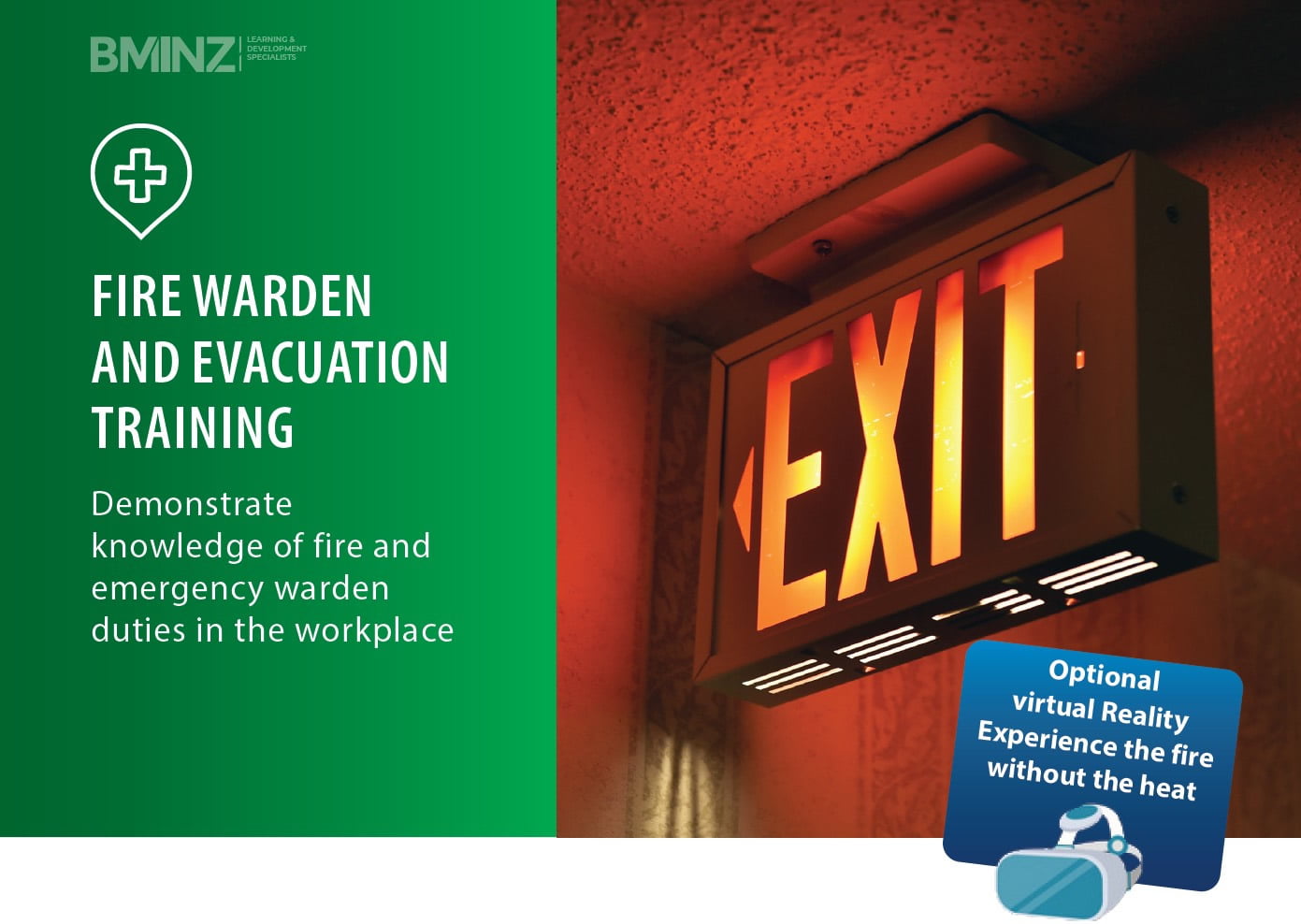From fire alarms to evacuation plans, US offices must comply with strict regulations to minimize risk and meet insurance and legal standards.
We’ll explain why training matters, how to prepare for inspections, and what best practices help businesses stay compliant year after year.
Read on to discover the key components of fire safety compliance.
Why Fire Safety Matters in US Offices
Electrical malfunctions, kitchen mishaps, overloaded circuits, or improper storage can all ignite dangerous workplace fires.
Fire safety in the workplace protects more than just assets—it safeguards employees and visitors from harm.
Failure to comply can result in severe fines, legal liability, or even closure.
Understanding Fire Warden (Brigade) Training Requirements
In the US, fire warden (sometimes called fire brigade) training equips designated employees with the knowledge and skills to lead evacuations, assist during emergencies, and communicate effectively with first responders.
Training requirements vary depending on local regulations, building size, and occupancy type.
Choosing a certified training provider is critical.
Steps to Pass Fire Safety Inspections
These certifications confirm that the office has adequate fire alarms, extinguishers, evacuation plans, signage, and trained personnel in place.
Check that all fire extinguishers are inspected and tagged, alarms are functioning, and exit routes are unobstructed.
Proactive preparation not only simplifies renewals but also ensures continuous protection for your workplace.

Best Practices to Maintain Fire Safety Year-Round
Fire safety isn’t just about passing inspections—it’s about maintaining vigilance every day.
Post updated evacuation maps in visible locations, especially near elevators, stairwells, and communal areas.
Host periodic refresher trainings, conduct surprise fire drills, and encourage team leaders to review emergency plans during staff meetings.
Legal and Insurance Implications of Fire Safety Compliance
Beyond regulatory penalties, companies may face reputational damage, employee distrust, and operational disruptions.
Insurance coverage is also tied to compliance.
By prioritizing fire safety, businesses demonstrate responsibility and reduce the risks of costly legal and financial setbacks.

Conclusion: Building a Fire-Safe Workplace
Whether you run a small office or a large corporate campus, robust fire safety strategies are a non-negotiable part of doing business.
By investing in fire warden training, maintaining up-to-date certifications, and conducting regular safety audits, organizations position themselves for long-term success.
As fire risks evolve and workplace environments change, staying proactive is essential.
FAQ About Office Fire Safety
Do all staff need fire safety training?
However, all employees should receive basic fire safety orientation and know evacuation procedures.
How often should fire safety certifications be renewed?
Renewal periods vary by jurisdiction but are often required every 1–3 years.
What are common causes of office fires?
Good housekeeping and equipment maintenance are key to fire prevention.
Can non-compliance void my business insurance?
Failing to meet these standards may reduce payout or lead to denied claims in case of a fire.
How do I write an effective workplace fire plan?
It should be clearly communicated, posted in visible areas, and reviewed regularly with staff.
quem precisa de brigada de incêndio